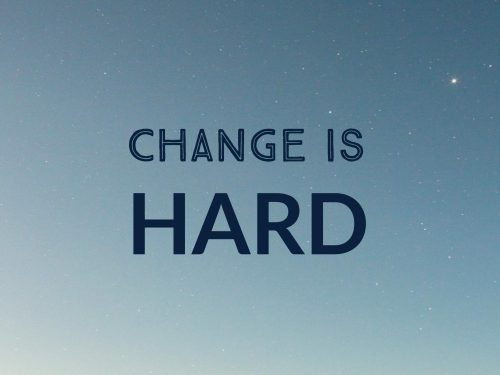Knowing the types of thinkers in your organisation will help it function better.
To find the answer, you need t o know about two things: the frog and the bike metaphor and the meaning of organisation development [OD]. First let’s look at what OD means.
What does organisation development mean?
I’ve had so many people say to me recently: what do you do? I really don’t understand OD.
OD is a wonderful and powerful tool to appreciate the connectedness of everything to everything else in an organisation. Essentially, it is a whole-systems thinking approach. If you want to find out more visit the Centre for Organisation Development Pty Ltd: www.cfod.com.au
Now here’s a funny example of what we love to do in organisations because we don’t pay attention to the connectedness of everything:
We love pulling apart teams and divisions and restructuring!
This is our “go to” whenever we think something isn’t working in our organisation and I would suggest to you that a restructure is probably the last thing you should tackle unless it’s absolutely necessary.
Margaret Wheatley in her book Leadership and the New Science agrees with me, take a look at her website: www.margaretwheatley.com she’s an amazing leader and author.
Why is our first “go to” is tinkering with the organisation’s structure?
Because structure is tangible, we can see it, tweak it, control it, change it! We love controlling things and this is just an illusion at the end of the day because once you change a structure or a portfolio of work, you may not be able to control the long-term impacts of what you have just done. How hilarious is that!?
And we do this often at the expense of the people and teams who do understand why you need to keep particular parts of an organisation together rather than separated.
I digress! Let’s get back to whether you’re a frog or bike thinker.
Bikes and frogs are different types of systems right?
The main difference is that you can dismantle a bike and put it back together and it works perfectly. Yet if you try to dismantle a frog you might have a bit more of a problem.
There are some bits, if you hive them off, it will cause the frog to die! Even if you remove a leg the entire system is affected instantly and unpredictably for the worse sometimes.
No amount of remedial attention from consultants like me will be able to revive the organisation or allow high levels of performance if you’re pulling apart and restructuring frog thinkers.
Author Charlie O’Connor at www.vibrantfrog.com.au says it really pays to take care of your frog. He refers to Alistair Mant’s book Intelligent Leadership in which he describes organisational systems as populated by “frog” thinkers and “bicycle” thinkers.
Which type of thinker are you?
Alistair Mant says that bicycle thinkers see the different pieces of the system in great detail but often fail to understand the connections between the pieces.
Frog thinkers see less of the detail but look for the whole picture and try to see the connections between different parts of the system.
So no surprises I am using this example to describe the people in our organisations and the way they go about thinking and doing.
The frog stuff is more important because we do less of it
We can and must focus on systems, structures, processes and the rules, as these areas are important.
My view is the “frog” stuff may be even more important because often we do less of it.
The intangible drives everything in workplaces
It’s about our culture, values, and behaviour and these are areas which are much more intangible and less able to be manipulated. But, and this is a big but, it drives everything.
So we need bicycle thinkers and frog thinkers. Don’t push the frog thinker aside. Pay attention to what they say too because as Charlie O’Connor says: it may be the difference between success and failure.
What kind of thinker are you?




